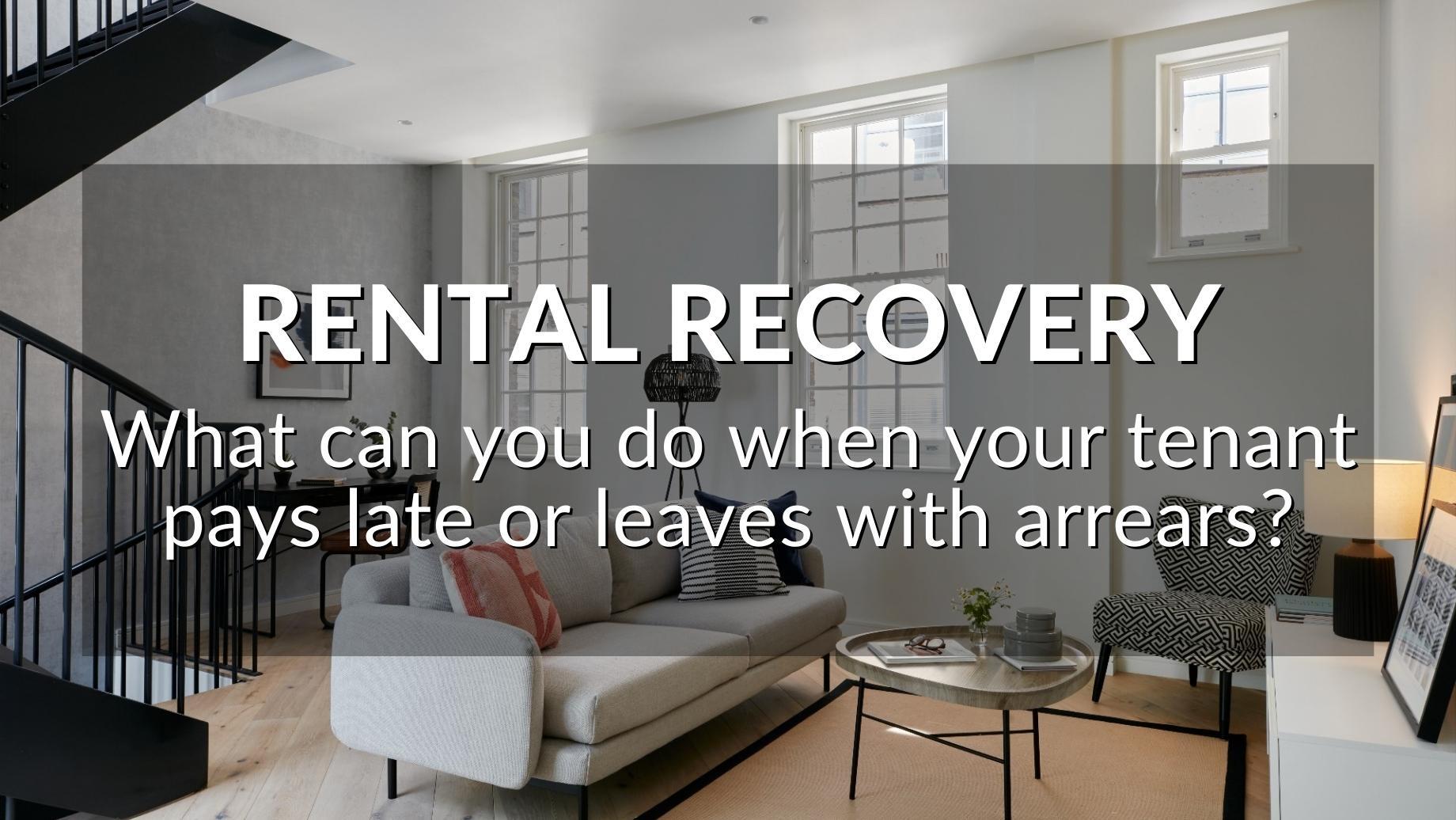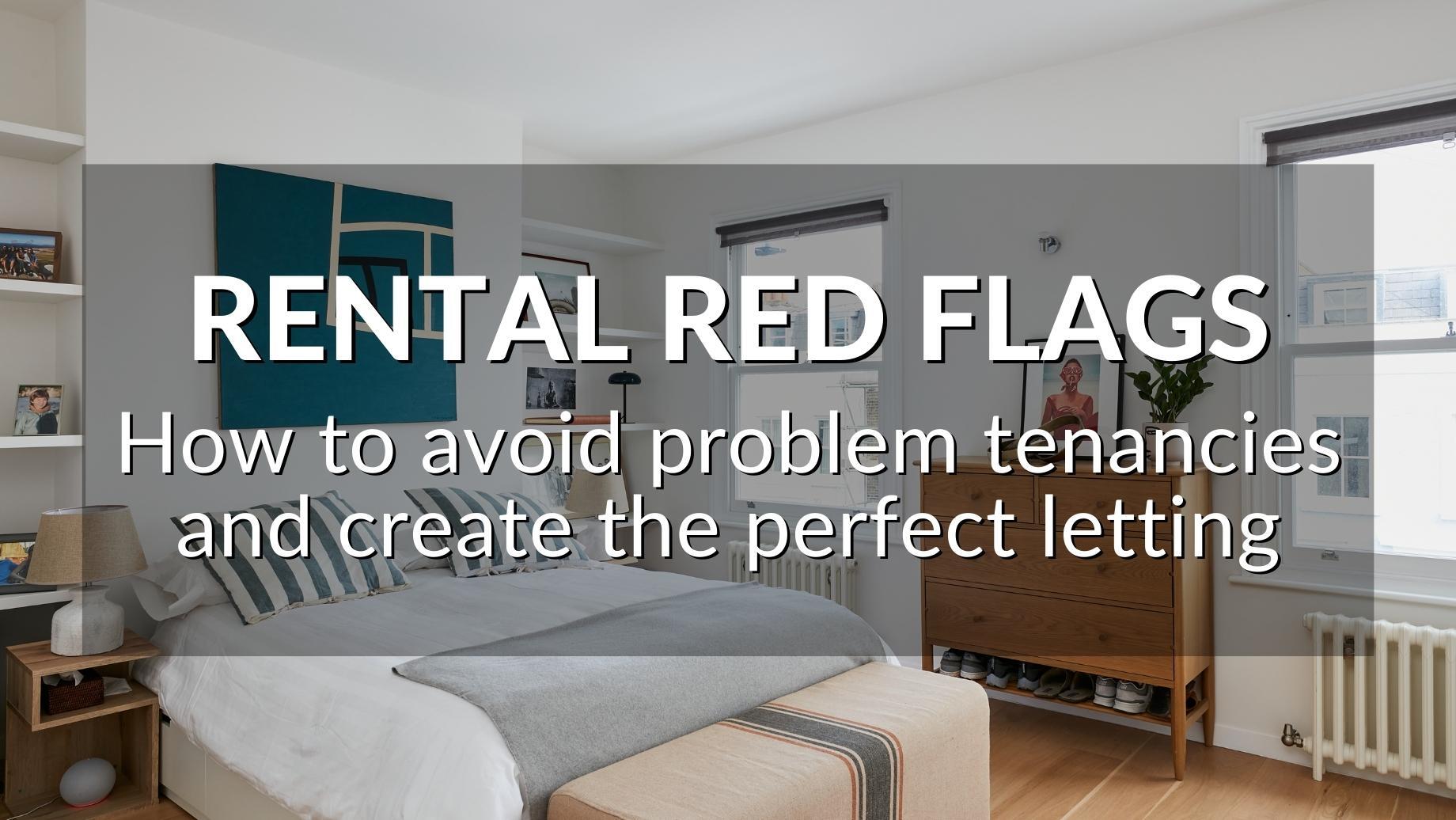How you feel about messy people? Not just tenants, but anyone who simply isn't very tidy. Do they make you shudder, or are you completely unphased? Maybe you're a huge fan of Marie Kondo and her book, The Life Changing Magic of Tidying Up. It might have inspired you to live a life free of clutter, or perhaps you find it all a bit sterile and take comfort in knick-knacks and keepsakes.
As a landlord you are naturally concerned about the upkeep of your property - and most tenants do take care of where they live - but it can be difficult to keep your mind from wondering whether or not the people living in your property are looking after it in the way you'd like.
So let's take a look at how you can set a tenancy up from the start to give you the peace of mind that care and consideration are high in your tenants' priorities, so you can feel relaxed and rewarded by your life as a landlord.
A TRUE STORY
A very good friend of mine, Peter, is a highly intelligent biology teacher, a talented singer-songwriter and a graduate silversmith of the Royal Academy. He is smart, professional, creative, conscientious... and also really messy.
There are books everywhere in his home: piles of them up the entire length of the staircase; piles on the living room shelves as well as on the floor; piles in the bedroom. There are compact discs - remember those? - spread around his apartment in similar fashion, and notebooks full of musical ideas on almost every flat surface.
We haven't got to his teaching career yet: from learning materials when training to qualify, to current lesson preparation and books on the national curriculum, there is more than plenty on show, while his musicality has gathered six guitars and a mini studio including a few microphones, recording desk, keyboard and speakers.
It's fair to say that Peter's apartment is thoroughly chaotic, but is it dirty and unloved? Absolutely not. He adores where he lives and has been there for more than 20 years. Despite the madness, it feels inescapably like home, which it truly is: because Peter is not a messy tenant; he's a messy owner, and proudly so.
The way he lives might drive you and me to distraction, but he cares deeply about his home - it just isn't necessarily obvious!
CLARITY OF CARE
Handing your property over to tenants with everything working properly and in a good state of repair sets the tone for a successful tenancy. And taking a security deposit for the maximum allowable amount (currently 5 weeks' rent) shows you are serious about getting your property back in a similar state. It's a very clear message.
If you take only a nominal deposit – or worse, no deposit – you not only leave yourself open to unnecessary costs and recovery proceedings later down the line, but you are opening the gates to the small number of renters who couldn't care less about your property and have no intention of looking after it.
Asking people to care for your property is not the same as asking them to be tidy. Your tenants should certainly pay attention to hygiene - particularly around rubbish, recycling and items left outside on balconies or in gardens - but how they live with their belongings inside their home is entirely up to them. Telling people how to live - or hoping that they'll live like you - is simply not a good use of your energy.
CLEAN IT AND MEAN IT
By ensuring that your property is spotlessly clean at the beginning of each tenancy, you are showing signs of love and care for your property, as well as a healthy level of respect towards your tenants. You're saying: "I care about your enjoyment of this home, and this is how I want it back".
Handing your buy-to-let property over as clean and pristine means you can list it as so in your inventory, which gives you a written and photographic record to refer back to, both during and at the end of the tenancy. This liberates you and your tenants from worrying about unfair expectations and demands when the time comes to part company, or to raise a concern.
If you present or hand over your property in a half-heartedly clean fashion, it could look as though you're not really bothered about such things, which may lose you tenants altogether or simply deter the best ones. It also takes far longer to put an inventory together as your tenants and inventory clerk negotiate over wording that accurately reflects the levels of dirt and dust - a total waste of everyone's time.
TAKE A STEP BACK
If you simply can't stop worrying about how tidy your tenants are and find yourself thinking about catching them out with a surprise visit, perhaps it's time to take matters out of your hands.
One of the joys of being a landlord is how the rent from a property can be very much a passive income, leaving you free to enjoy your time as you wish. So if your thoughts are consumed by your tenants, it's worth considering the services of a managing agent: they can make inspections on your behalf and report on any actual problems.
We've found that, for many landlords, out of sight is very much out of mind. Having someone to look after the day-to-day and take an entirely rational and non-emotional approach is exactly what they need to relax and enjoy the rewards of their rental investment.
EMBRACE DIVERSITY
We are bombarded constantly with images of perfectly tidy homes with everything arranged just so, in groups of threes, and without even a stray cable from a lamp in sight.
For the minimalists among us that's a perfectly natural way to live and, indeed, the only way to live. They don't understand clutter, mess, paraphernalia or any interruption of perfectly clean lines. That's totally fine, but go to an architect's or interior designer's home and that's not necessarily the scene that will greet you.
For some people a bit - or a lot - of clutter makes a place feel like their own. For others, particularly families with children, clutter and mess are a fact of life where resistance is frankly futile! For them, a minimalist lifestyle is nothing but a page in a magazine, or a distant future dream.
Busy professionals, perhaps the most desirable of tenants for landlords, often aren't at home enough to be constantly tidy, while others just love having lots of stuff. Anybody with any sort of collection - books, vinyl, DVDs, clothes - is going to have lots of things in their home, but there is no connection between collecting and carelessness. Mostly it's a sign of permanence: they're here, they're comfortable, and they want to stay.
So there we have it: mess is certainly not something limited to tenants, and neither does it signal a lack of cleanliness or care. In fact, it's often a sign that someone is extremely happy where they are, cherishes their surroundings and wishes to remain. Are those not exactly the conditions for a perfect, happy and long-term tenancy?
If you'd like someone to look after your rental property, or you'd like to talk about any aspect of tenancies and buy-to-let, why not get in touch? You can call us on 0121 427 4777 or email us at info@truemanestates.co.uk
We'd love to help you make the most of being a landlord.










